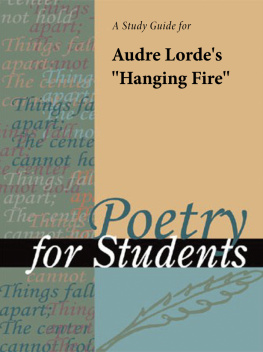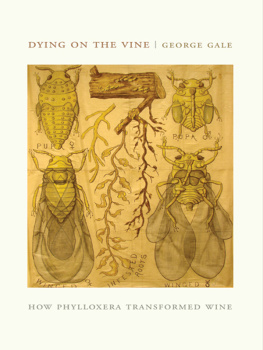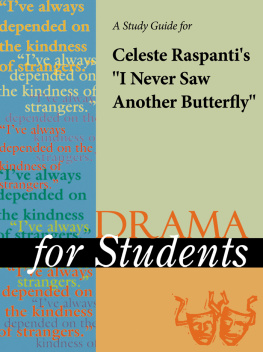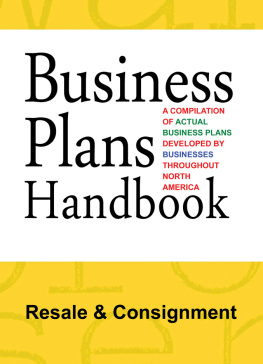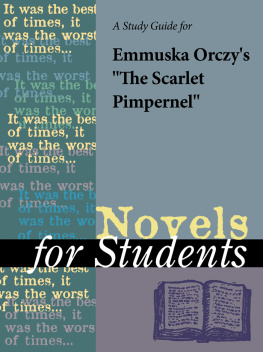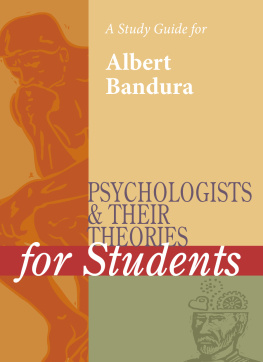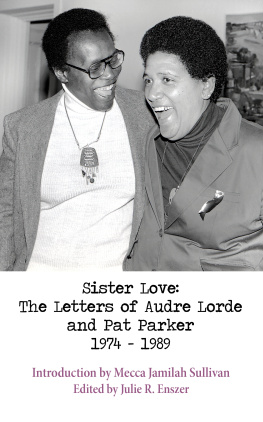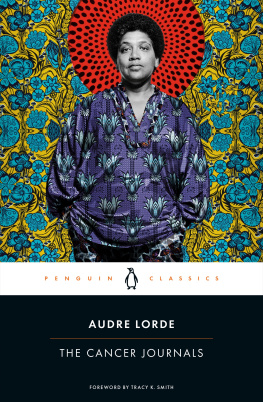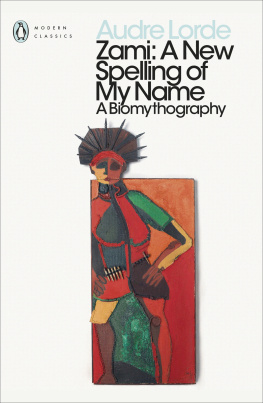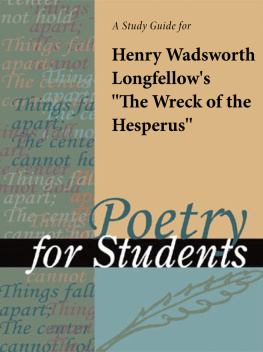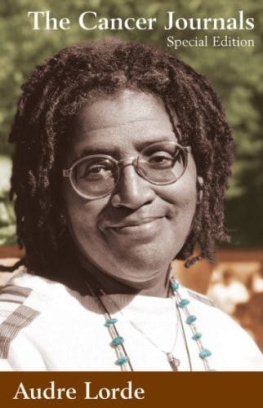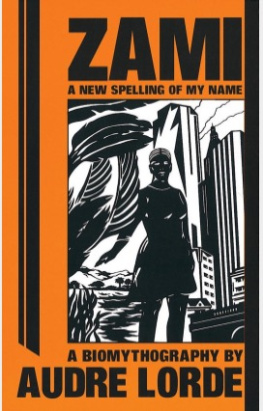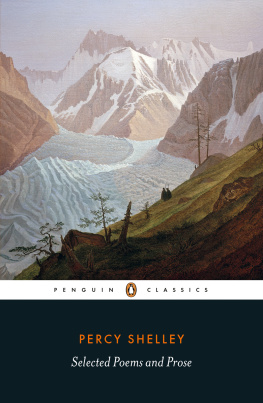TABLE OF CONTENTS
Guide
Poetry for Students, Volume 32
Project Editor: Sara Constantakis
Rights Acquisition and Management: Beth Beaufore, Barb McNeil, Tracie Richardson, Robyn Young
Composition: Evi Abou-El-Seoud
Manufacturing: Drew Kalasky
Imaging: John Watkins
Product Design: Pamela A. E. Galbreath, Jennifer Wahi
Content Conversion: Katrina Coach
Product Manager: Meggin Condino
2010 Gale, Cengage Learning
ALL RIGHTS RESERVED. No part of this work covered by the copyright herein may be reproduced, transmitted, stored, or used in any form or by any means graphic, electronic, or mechanical, including but not limited to photocopying, recording, scanning, digitizing, taping, Web distribution, information networks, or information storage and retrieval systems, except as permitted under Section 107 or 108 of the 1976 United States Copyright Act, without the prior written permission of the publisher.
Since this page cannot legibly accommodate all copyright notices, the acknowledgments constitute an extension of the copyright notice.
For product information and technology assistance, contact us at Gale Customer Support, 1-800-877-4253.
For permission to use material from this text or product, submit all requests online at www.cengage.com/permissions.
Further permissions questions can be emailed to permissionrequest@cengage.com
While every effort has been made to ensure the reliability of the information presented in this publication, Gale, a part of Cengage Learning, does not guarantee the accuracy of the data contained herein. Gale accepts no payment for listing; and inclusion in the publication of any organization, agency, institution, publication, service, or individual does not imply endorsement of the editors or publisher. Errors brought to the attention of the publisher and verified to the satisfaction of the publisher will be corrected in future editions.
Gale
27500 Drake Rd.
Farmington Hills, MI, 48331-3535
ISBN-13: 978-1-4144-4180-1
ISBN-10: 1-4144-4180-0
ISSN 1094-7019
This title is also available as an e-book.
ISBN-13: 978-1-4144-4953-1
ISBN-10: 1-4144-4953-4
Contact your Gale, a part of Cengage Learning sales representative for ordering information.
Printed in the United States of America
1 2 3 4 5 6 7 14 13 12 11 10
Hanging Fire
Audre Lorde
1978
Introduction
"Hanging Fire," a poem about teenage angst by Audre Lorde, first appeared in her poetry collection The Black Unicorn in 1978. The poem has been reprinted in several literary anthologies, such as the Norton Introduction to Literature (9th edition, 2005) and the 1997 edition of The Collected Poems of Audre Lorde.
In Conversations with Audre Lorde (2004) Joan Hall reports that Lorde was a self-described "Black lesbian feminist poet warrior mother" who liked to focus on "differences" while disputing notions of universality, and the book in which "Hanging Fire" first appeared is noted for its evocation of African spirituality. Yet "Hanging Fire" is not overtly about the African American experience, and its one apparent reference to romance seems to be heterosexual. It is true that there is a feminist suggestion in the poem's closing stanza, but for the most part the poem speaks in a broad way to the anguish and anxiety of adolescent life generally; some readers even mistake the speaker for male.
The poem coincides with Lorde's usual concerns in its depiction of the speaker as a lonely, unhappy outsider and in its suggestion of a difficult mother-daughter relationship. However, its evocation of the adolescent condition has a universal quality not usually associated with Lorde, though it is this quality that no doubt accounts for the poem's inclusion in anthologies and classroom discussions.
Author Biography
Audre Lorde was born Audrey Geraldine Lorde in the Harlem district of New York City on February 18, 1934, the daughter of immigrants from the West Indies. While still quite young she decided she disliked the look of the "y" at the end of her first name and so began spelling it as Audre. As recounted in her autobiographical work, Zami: A New Spelling of My Name, from an early age Lorde felt like an outsider: a black girl in white schools with very poor vision, causing her to be clumsy, and a self-image as fat and ugly. She also felt unloved by her parents, having an especially difficult relationship with her strict but distant mother. One redeeming quality in her adolescent life was her writing, which she began when she was twelve. At Hunter High School, Lorde worked for the school literary magazine and was part of a literary circle. However, even this involved alienation, for she was the only African American in the circle and was turned down when she sought the editorship of the magazine. The magazine also turned down one of her poems, which she was able to get published in a commercial publication, Seventeen magazine, in April 1951.
After high school, Lorde studied off and on at Hunter College, eventually graduating with an arts degree in 1959. Afterwards, she completed a degree in library science at Columbia University and worked as a librarian and later as an English and creative writing teacher, eventually becoming an English professor at Hunter College in 1980. In 1962 she married Edwin Rollins, by whom she had two children. Lorde and Rollins separated in 1970, after which Lorde moved to Staten Island, New York with her long-term partner Frances Clayton. She later moved to St. Croix, U.S. Virgin Islands, where she lived with Gloria Joseph.
Beginning in 1968, Lorde published eleven books of poetry and her "biomythography," Zami (1982), an exploration of her racial and sexual identity, which some regard as her masterpiece. "Hanging Fire" appeared in her seventh book of poetry, The Black Unicorn (1978), the second of her books to be published by a mainstream publisher (W. W. Norton), as opposed to the smaller presses that published her earlier work.
In 1977, Lorde was diagnosed with breast cancer, an experience she wrote about in The Cancer Journals (1980). She also published two essay collections, Sister Outsider (1984) and A Burst of Light (1988), putting forward her hard-hitting and sometimes controversial views on politics and the various liberation movements with which she was associated. Though she achieved iconic status within these movements, she continued to be something of an outsider, at odds with the feminist movement over racism and in opposition with the black liberation movement over the treatment of women and gays. "Something about me troubles everyone," she said in a 1986 interview with Dorothee Nolte, reprinted in Conversations with Audre Lorde (edited by Joan Wylie Hall), "be it that I am black, that I am lesbian, poet, feminist, mother, warriorI have always been an outsider."
In the mid-1980s, Lorde was diagnosed with a recurrence of cancer, which had spread to her liver. She continued to write, however, and published a tenth book of poetry the year of her death, 1992. She died on November 17, 1992, in St. Croix. An eleventh collection was published the following year. The year before she died, Lorde was named New York State's poet laureate.

